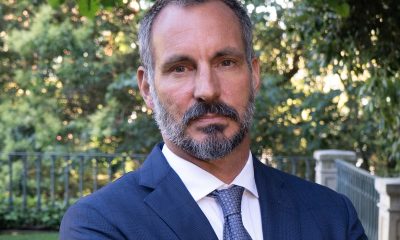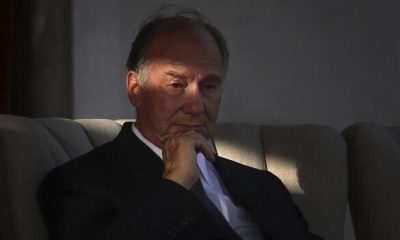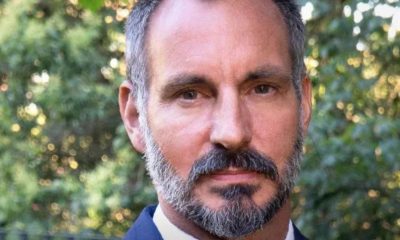World
Aga Khan, Leader Of Ismaili Muslims, Dies Aged 88
He founded the Nation Media Group, which has become the largest independent media organisation in east and central Africa.
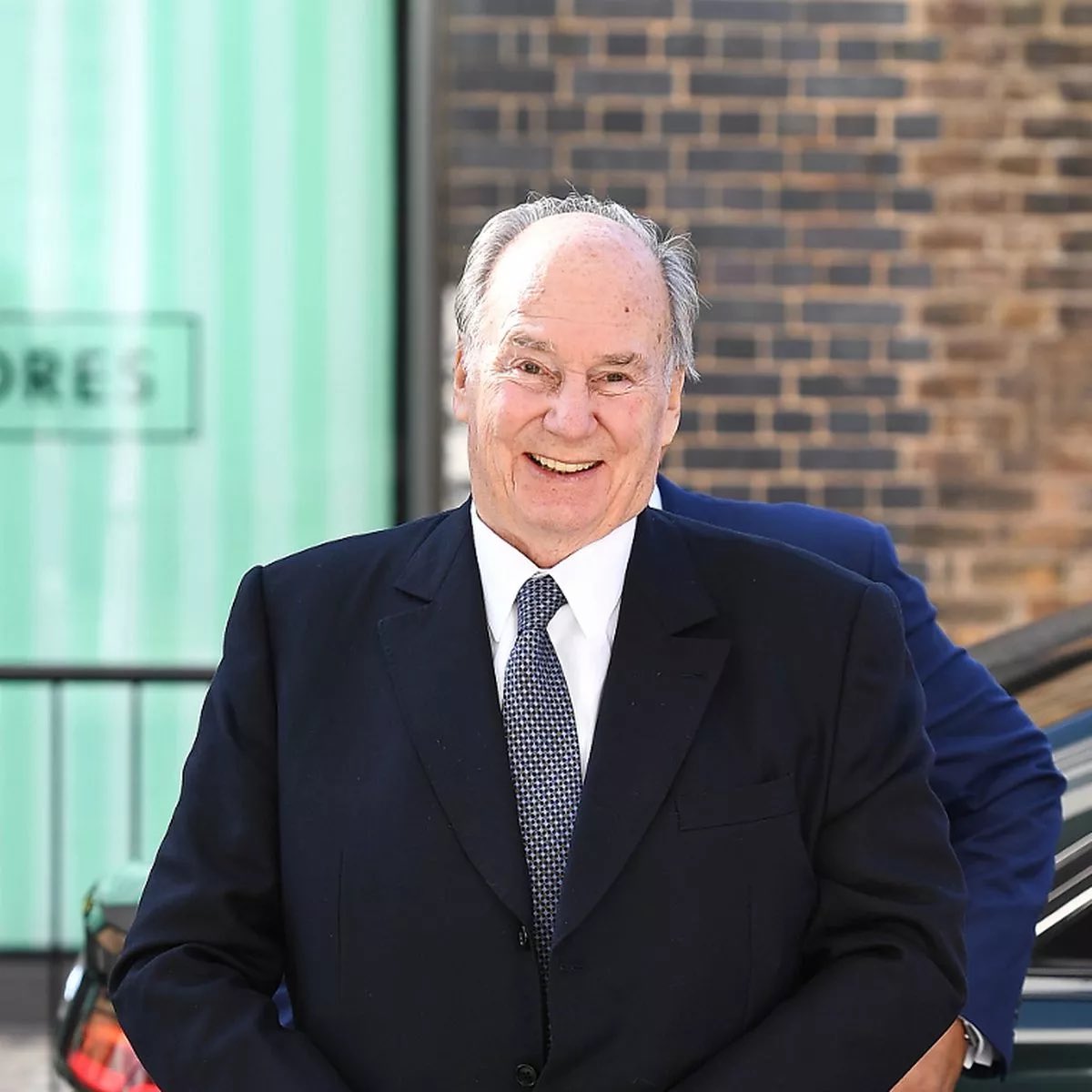
The Aga Khan, imam of the Ismaili Muslims and head of a major development aid foundation, died Tuesday in Lisbon at the age of 88, his foundation announced.
He was the founder and president of the Aga Khan Development Network, which employs 96,000 people and finances development programmes particularly in Asia and Africa.
“His Highness Prince Karim Al-Hussaini, Aga Khan IV, 49th hereditary Imam of the Shia Ismaili Muslims and direct descendant of the Prophet Muhammad (peace be upon him), passed away peacefully in Lisbon on 4 February 2025, aged 88, surrounded by his family,” the foundation said on social media.
“The announcement of his designated successor will follow,” it added, regarding who could become the fifth person to hold the post since the 19th century.
Present in multiple countries, notably in central and southern Asia, Africa and the Middle East, the Ismaili community numbers 12 to 15 million, according to its website.
United Nations chief Antonio Guterres described the Aga Khan as “a symbol of peace, tolerance and compassion in our troubled world” following the religious leader’s death.
Malala Yousafzai, Nobel Peace laureate and education campaigner, said his legacy will “live on through the incredible work he led for education, health and development around the world”.
Born in Geneva, the Aga Khan spent his childhood in Kenya and was appointed in Tanzania to succeed his grandfather in 1957.
His father was passed over in the line of succession after a tumultuous marriage to American actor Rita Hayworth.
A billionaire owner of yachts and jets, the Aga Khan was a regular on the racetrack and continued the family tradition of breeding thoroughbreds.
He also ploughed a large amount of his inherited wealth into philanthropic projects and was awarded honorary Canadian citizenship for his work on development and “tolerance around the world”.
The Aga Khan also held British and Portuguese citizenship. The Ismaili leadership is based in Lisbon, where there is a significant community.
Despite his role as the spiritual head of the Ismaili Muslims, he was reluctant to discuss Middle East conflicts, religious fundamentalism or Sunni-Shiite tensions.
Islam is not a faith “of conflict or social disorder, it’s a religion of peace,” he told AFP in 2017.
It is used in situations which are “essentially political, but which are presented, for various reasons, in a theological context. This is simply not correct,” he said.
Kenya Insights allows guest blogging, if you want to be published on Kenya’s most authoritative and accurate blog, have an expose, news TIPS, story angles, human interest stories, drop us an email on [email protected] or via Telegram
-

 Business1 week ago
Business1 week agoEastleigh Businessman Accused of Sh296 Million Theft, Money Laundering Scandal
-

 Investigations6 days ago
Investigations6 days agoInside Nairobi Firm Used To Launder Millions From Minnesota Sh39 Billion Fraud
-

 Business7 days ago
Business7 days agoMost Safaricom Customers Feel They’re Being Conned By Their Billing System
-

 Business1 week ago
Business1 week agoEXPLOSIVE: BBS Mall Owner Wants Gachagua Reprimanded After Linking Him To Money Laundering, Minnesota Fraud
-
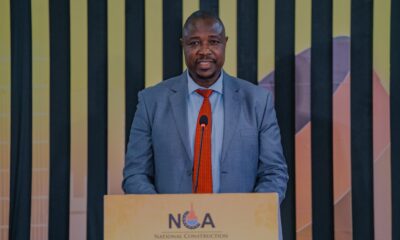
 News6 days ago
News6 days agoUnfit for Office: The Damning Case Against NCA Boss Maurice Akech as Bodies Pile Up
-
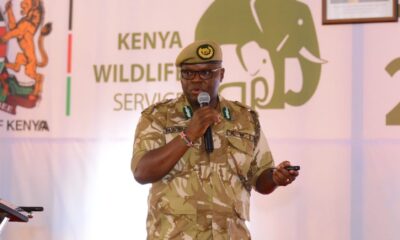
 News7 days ago
News7 days agoTax Payers Could Lose Millions in KWS Sh710 Insurance Tender Scam As Rot in The Agency Gets Exposed Further
-

 Sports1 week ago
Sports1 week agoFury as Bettors Demand Probe Into Betika Over Alleged Unpaid Winnings
-

 News7 days ago
News7 days agoPastor James Irungu Collapses After 79 Hours Into 80-Hour Tree-Hugging Challenge, Rushed to Hospital

